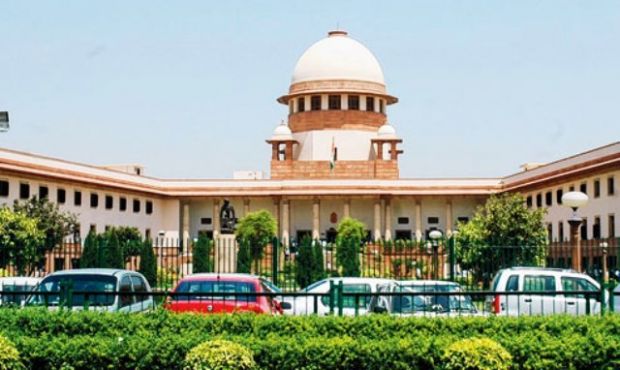
The Supreme Court (SC) banned the sale and registration of vehicles which are not compliant with Bharat Stage-IV (BS-IV) emission norms.
A bench of Justice Madan B Lokur and Justice Deepak Gupta ruled that the BS-IV emission norms will come into effect from 1 April 2017 across the country.
SC Order
The court ruled that all the vehicle registering authorities under the Motor Vehicles Act, 1988, are prohibited from registering non-BS-IV compliant vehicles except on proof that such a vehicle has already been sold on or before 31 March 2017.
The court also noted that vehicles, that do not meet the Bharat Stage-IV emission standards, take primacy over the health hazard of millions of countrymen due to increased air pollution.
The ruling came on pleas seeking ban on the sale and registration of BS-III compliant vehicles after 1 April 2017.
What are manufacturers saying?
Vehicle manufacturers have argued that they were entitled to make BS-III vehicles till March 31, 2017.
So, the sale and registration of these vehicles should not be prohibited after April 1, 2017 with the introduction of BS-IV norms.
They should further be given a reasonable time to dispose of their existing stock which is as about 820,000 vehicles (worth Rs 12,000-crore) most of them two-wheelers.
Government also has favoured the prospect of selling the existent stock of BS-III vehicles, as it done twice before when fuel emission norms were upgraded to BS-II and BS-III, respectively.
Issue
Many vehicles including heavy commercial vehicles with BS-III built engines, employ a mechanical fuel pump and used fuel less efficiently.
It negatively influences environment by subsequent emissions of nitrous oxide, carbon monoxide and particulate matter.
How BS-IV engines cut emissions?
Passenger vehicles compliant with Bharat Stage-III emission norms vary widely from their Bharat Stage-IV compliant engines, depending on the size of the car and whether they are petrol or diesel versions.
BS-IV compliant engines differ in the electronics, sensor system, and its ability to process low-sulphur fuel and their “after-exhaust” system that determines emissions.
BS-IV engines also require that the sulphur content of the fuel they use be less than 50 part per million (ppm) whereas BS-III ones can run on 350 ppm fuel.
The transition from BS-III to BS-IV will lead to substantial reductions in particulate matter emissions.
For instance, from new trucks, the emissions dip by 80% and from cars by 50%. Similarly, hydrocarbon and nitrogen oxide emissions can also drop between 41 and 80%, depending on the engine sizes.
Background
The Society of Indian Automobile Manufacturers (SIAM) earlier submitted data on manufacturing and sale of BS-III vehicles on a monthly basis and told the Supreme Court that the companies were holding stock of around 8.24 lakh such vehicles.
The manufacturers, in turn, told the court that they were allowed to sell their stocks with old emission norms when BS-IV norms were brought in force on the previous two occasions at the time the industry had switched to BS-II and BS-III in 2005 and 2010 respectively.
Currently, BS-IV petrol and diesel vehicles are being supplied in whole of Northern India covering Jammu and Kashmir, Punjab, Haryana, Himachal Pradesh, Uttarakhand, Delhi and parts of Rajasthan and western UP.
India also has set a deadline of 2020 to switch to BS-VI norms, by skipping stage V. This huge leap towards cleaner and environment friendly fuel, will include technology upgrade, making vehicles costly.
Current Affairs 30th March, 2017 Current Affairs One Liners 29th March, 2017 Current Affairs Round Up Bullet Points, February, 2016

Join The Discussion